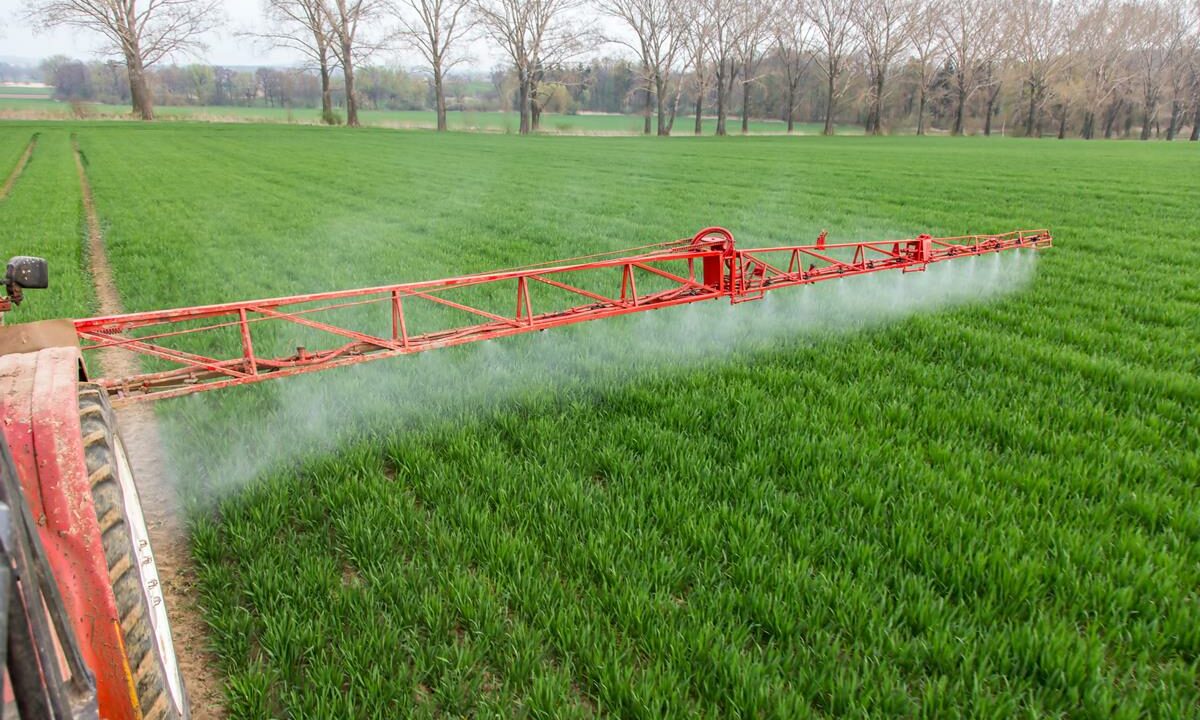A group of non-governmental organisations (NGOs) is set to go to the Court of Justice of the EU to stop the renewal of the herbicide glyphosate.
The Pesticide Action Network (PAN) and four of its member organisations will take the case.
According to PAN, these organisations “are experts in pesticide evaluation and have significant experience in EU and national courts”.
Last week, the European Commission said it will adopt a regulation that renews approval of glyphosate for plant protection purposes for 10 years in the EU.
EU member states did not reach the required qualified majority to either renew or reject the approval of glyphosate during a vote on Thursday (November 16).
This follows on from an earlier vote in the Standing Committee on Plants, Animals, Food and Feed (SCOPAFF) on October 13, in which member states also did not reach the required majority to renew or reject approval.
In line with EU legislation and in the absence of the required majority in either direction, the commission said it is obliged to take a decision before December 15, when the current approval period expires.
The commission is set to proceed with the renewal of the approval of glyphosate for a period of 10 years, subject to certain new conditions and restrictions.
The commission said that this decision is based on “comprehensive safety assessments” carried out by the European Food Safety Authority (EFSA) and the European Chemicals Agency (ECHA), together with EU member states.
Commenting on the commission’s decision, Dr. Martin Dermine. executive director of PAN Europe, said: “The reapproval directly contradicts the findings of numerous independent scientists who have researched the impacts of glyphosate.
“It defies the will of the vast majority of Europeans and ignores the urgent need and political commitment to reduce pesticide use,” Dr. Dermine claimed.
“Most importantly, it contravenes EU pesticide laws, which prioritise health and biodiversity protection over economic interests. Our opposition is grounded in compelling legal and scientific evidence.”
According to Dr. Dermine, PAN’s opposition is “grounded in compelling legal and scientific evidence”.
The criticism from PAN centres on the EU’s pesticide evaluation system.
The law requires manufacturers of products containing glyphosate to submit their own studies demonstrating the safety of the active substance, supplemented by peer-reviewed scientific literature.
PAN claimed that “most peer-reviewed research is often dismissed as irrelevant or unreliable by manufacturers”.
